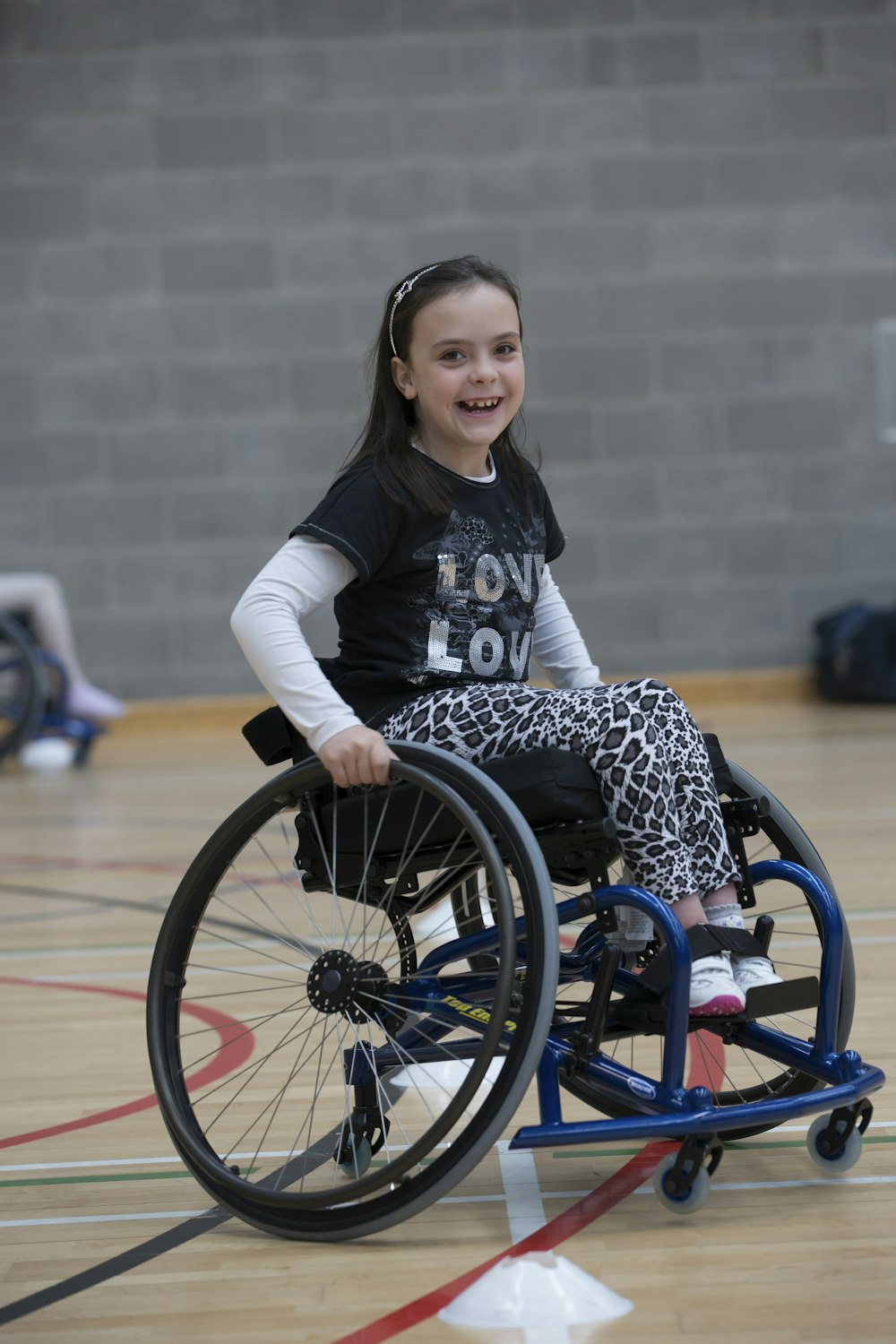 |
| Unsplash.com |
I've been asked quite a bit about the RBI with older kids and adults. It seems important to get information about the child's functioning and participation in school routines, which could be done through a teacher interview or having the teacher complete a questionnaire. If families are concerned about their children's performance in academics (i.e., curriculum), we should point out that a child can only succeed in the classroom to the extent that he or she is engaged, independent, and having social relationships: Right back to the Routines-Based Model! As some brilliant researchers wrote in 1985, a child cannot learn unless a child is engaged.
Some parents are less concerned about a child's functioning at home than the child's functioning at school. Fine. We should still interview parents about functioning at home, because the school isn't going to help them with any home routine concerns or family concerns. But we should reassure them we'll find out about needs at school.
My ideas for that, after consultation with Cami Stevenson, are
• Interview the teacher about (a) academic routines, (b) free-time routines, (c) outside routines, and (d) mealtime routines.
• Modify the STARE by labeling the routines with lessons as well as nonlesson routines and have the teacher do occasional STAREs on the child.
• Create a new Routine x EISR questionnaire for the teacher to complete on the child.
• Modify the VECTOR with lessons and nonlessons.
BTW, our Spanish implementers, Catalina Morales Murillo and colleagues, have crosswalked the Classroom Measure of Engagement, Independence, and Social Relationships (ClaMEISR) with the International Classification of Functioning for Children and Youth (ICF-CY).
I understand the increasing interest in academics with older children but keep returning to the fact that, with kids with disabilities, we need to ensure they are engaged, independent, and having social relationships, if they are to succeed academically.